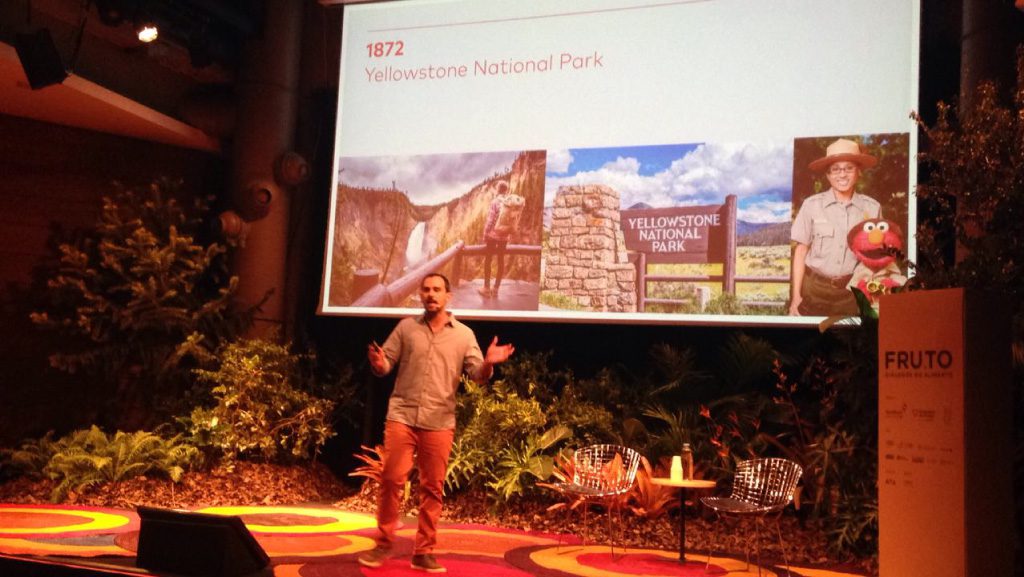
To discuss possible ways to feed and nourish a population estimated to reach almost 9 billion people by 2030, 30 experts and 300 guests gathered in São Paulo. The seminar “Fruto – Food Dialogues” featured lectures on the cultural, biological and social aspects of food and aimed to consolidate Brazil as the main hub of this discussion.
Experts in areas such as sustainability, gastronomy, agriculture, science and politics, as well as representatives from the food industry, shared their views and discussed strategies and alternatives to guarantee access to quality food for all. The Centre of Excellence against Hunger participated in the event with a presentation on South-South cooperation as a strategy for developing countries to create and adopt sustainable policies and programmes to overcome hunger and poverty.
At the opening of the event, the Brazilian chef Alex Atala, responsible for the organization of the seminar, stated that the idea is for this event to start a movement, with many other events and simultaneous debates about people’s relationships with food.
Isadora Ferreira, communication officer of the Centre of Excellence against Hunger, stressed in her presentation that overcoming hunger is a huge challenge that can be overcome if faced strategically. “We need a combination of immediate humanitarian assistance with long-term development actions. The promotion of fair, equitable and sustainable development is indispensable, and of all possible actions in this sense, the Centre of Excellence favors one: school feeding. ”
School feeding creates a structured demand for products from family agriculture, improves and expands food production, generates investments to improve the storage of agricultural production, reduces the need to transport food for long distances, and improves marketing routes. “Children get healthier, educational indicators improve, we contribute to narrow gender gaps and help make families more resilient to shocks, whether natural, climatic or conflict-related,” Isadora said.
The seminar took place on January 26 and 27 and was organized by the Brazilian chef Alex Atala and the cultural producer Felipe Ribenboim. Experts such as Carlo Petrini, founder of the Slow Food movement, Céline Cousteau, member of the Oceans Council of the World Economic Forum, Ernst Götsch, agroforestry, Suzana Herculano-Houzel, neuroscientist, Manuela Carneiro da Cunha, anthropologist, among others.
The lectures are available online. Click here.




